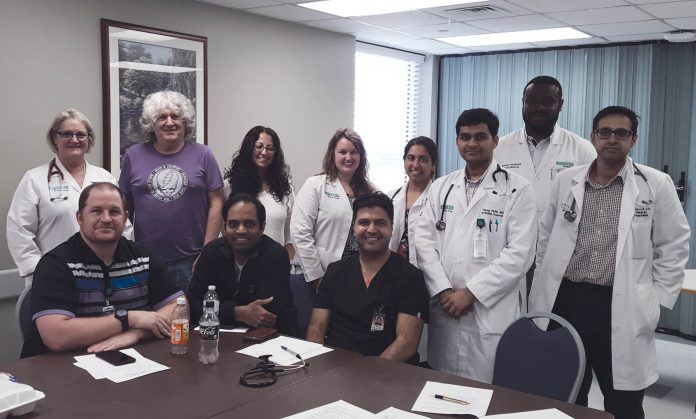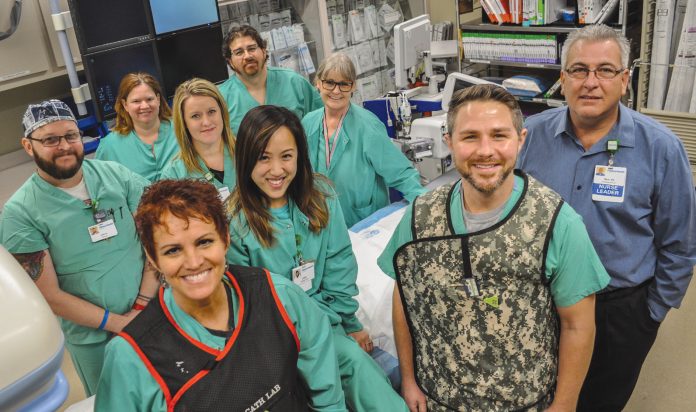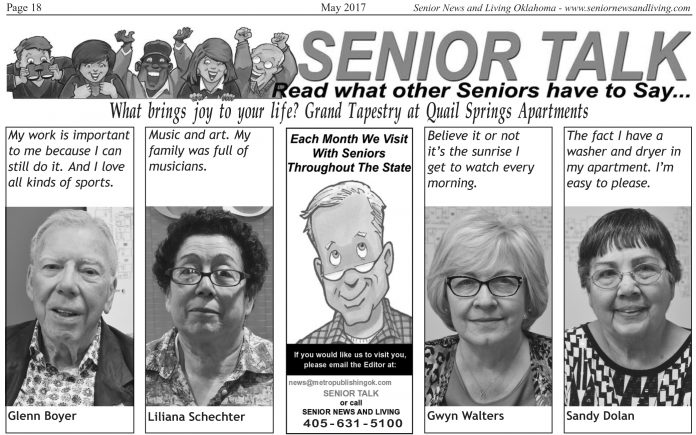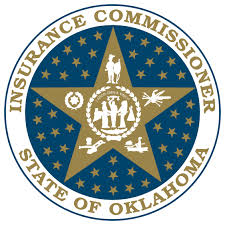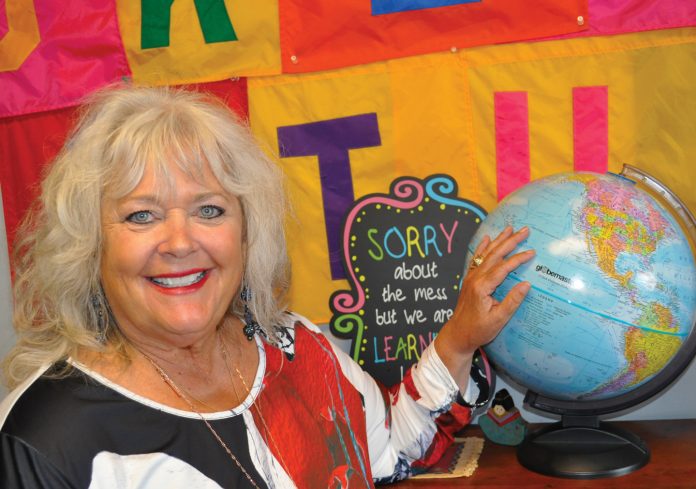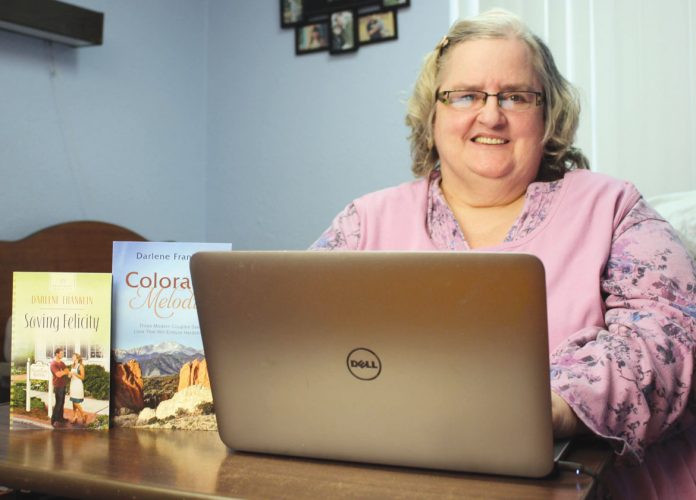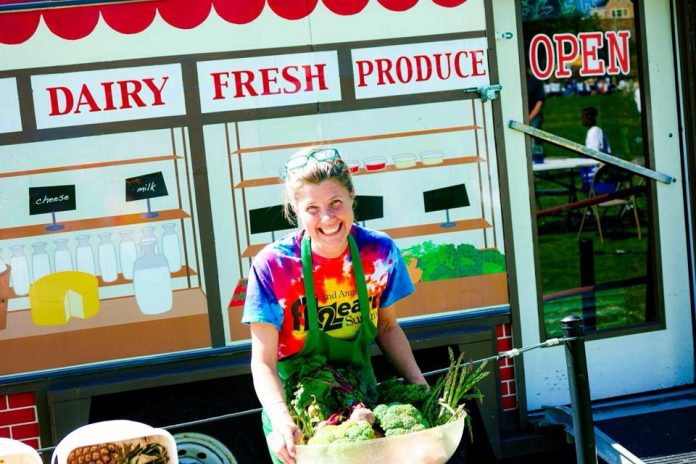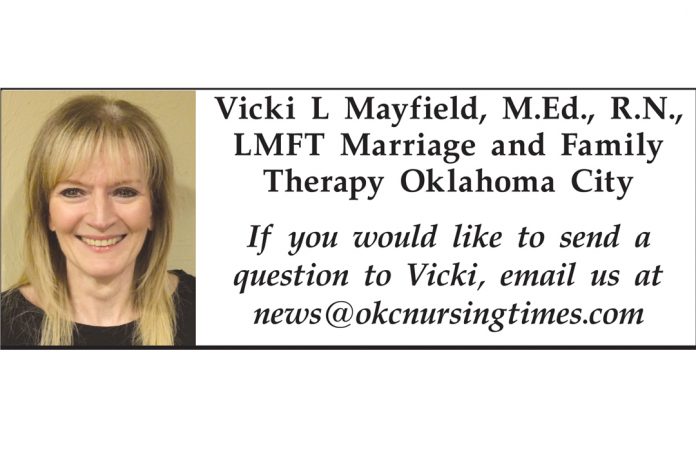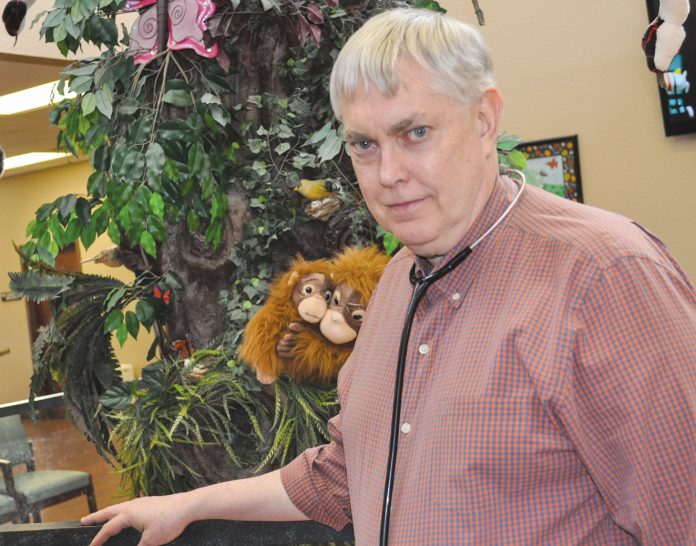by Sheila Kennedy-Stewart, MSN, RN, CMSRN & Melodie Hopkins, BSN, RN
The hospitalist movement has arrived and it has transformed the care of hospitalized patients and the collaboration among healthcare professionals. For Integris Southwest Medical Center (ISMC) nurses and members of the Clinical Practice Council (CPC), having a close, professional relationship with our hospitalists is a must to improve the value of inpatient care. In the fifteen years since the hospitalist movement and quality movement began, our nurses have supported the initiative for 24/7 hospitalists in the hospital for a safer health care system. The engagement of collaboration is mutual between our nurses and hospitalists. Melodie Hopkins, Intermediate Care Team Lead for Integris Southwest Medical says, “The Hospitalist Group have respect for the nurses’ judgement and recommendations in patient care. We feel we now have a voice that is being heard.” ISMC’s Clinical Practice Council is instrumental in supporting nurses by introducing LEAN projects to curtail hospital costs, supporting evidence-based practice for maintaining the highest standard of patient care and raising funds for the celebration of the annual ‘Nurses Week’. This time of year, the CPC would normally be organizing a fund raiser for the special week’s celebration. But ISMC is about to transition to EPIC computer system and all the nurses are busy with extra educational classes. When the hospitalists became aware that this year’s nursing week might not be well celebrated due to lack of funds, they jumped into action.
Our hospitalists organized and are sponsoring the “Brushes and Bubbly.” This event will be a painting fun-raiser. The event is to be held May 25th, 2017 at Nosh Restaurant in Moore. Tickets for the event are $35.00 and all proceeds will go to the Clinical Practice Council. The Nurses of ISMC are grateful for the comradery of our wonderful hospitalists and we salute you: Mobolagi Olulade, M.D., Carolyn Pimsler, D.O., Jeanette Kelley, D.O., Nicole Dodson, D.O., Adrian Scaunasu, M.D., Abie John, M.D., Emenike Uba, M.D., Shiedeh Khodadadian, D.O., Ryan Morgan, D.O., Siddhartha Rangineni, M.D., Matthew Kallenberger, D.O, Mahdi Mussa, M.D., Ralph Shadid, M.D., Magesh Sathaiah, M.D., Dubari Ashraf, M.D., Susan Mathew, D.O., Paragkumar Patel, M.D.


